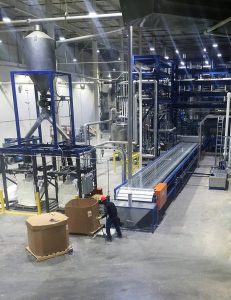 GreenMantra Technologies says its waxes, made from post-consumer plastics, can be used as additives to boost profitability for other reclaimers. Continue Reading
GreenMantra Technologies says its waxes, made from post-consumer plastics, can be used as additives to boost profitability for other reclaimers. Continue Reading

 GreenMantra Technologies says its waxes, made from post-consumer plastics, can be used as additives to boost profitability for other reclaimers. Continue Reading
GreenMantra Technologies says its waxes, made from post-consumer plastics, can be used as additives to boost profitability for other reclaimers. Continue Reading
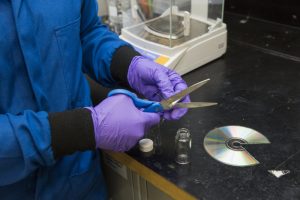 A lab operated by tech giant IBM has developed a one-step method for recycling polycarbonates into high-performance engineering plastics. Continue Reading
A lab operated by tech giant IBM has developed a one-step method for recycling polycarbonates into high-performance engineering plastics. Continue Reading

The Slovenian Minister for Education, Science and Sport, Maja Makovec Brenčič (left) and Axel Schweitzer, chairman of the board for ALBA Group, at the grand opening event. At the far left is Manica Ulcnik-Krump, manager of research and development for Recycled-Resource at Interseroh. Photo courtesy of Alba Group.
A research and development facility that recently opened in Europe aims to transform reclaimed plastics into higher-value applications.
The struggling maker of a PHA-based additive to boost the properties of recycled PVC has sold its plastics business. Massachusetts-based Metabolix will now focus on its crop yield technology. Continue Reading
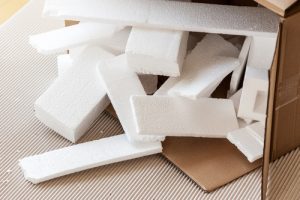 A Canadian metropolitan region home to 2.5 million people is considering imposing a disposal ban on expanded polystyrene.
A Canadian metropolitan region home to 2.5 million people is considering imposing a disposal ban on expanded polystyrene.
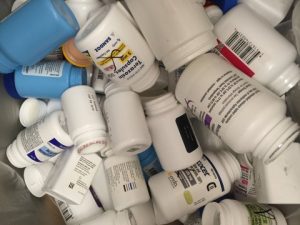 Pharmacies generate an abundant supply of clean, white HDPE that more often than not goes straight into the waste stream. The Association of Plastic Recyclers is looking to change that.
Pharmacies generate an abundant supply of clean, white HDPE that more often than not goes straight into the waste stream. The Association of Plastic Recyclers is looking to change that.
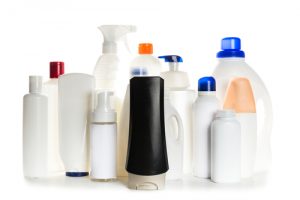 Three years ago, HDPE reclaimer Envision Plastics was acquired by a major packaging producer. Now, that packaging company also has a new owner.
Three years ago, HDPE reclaimer Envision Plastics was acquired by a major packaging producer. Now, that packaging company also has a new owner.
 McDonald’s shareholders weigh in on a proposal to eliminate the company’s use of EPS packaging outside the U.S., and a couple of op-eds note that recycling is only one part of plastics sustainability.
McDonald’s shareholders weigh in on a proposal to eliminate the company’s use of EPS packaging outside the U.S., and a couple of op-eds note that recycling is only one part of plastics sustainability.
 Florida lawmakers vote to remove roadblocks for plastics conversion efforts, and Envision Plastics announces it will source millions of pounds of material from regions prone to generating ocean plastics.
Florida lawmakers vote to remove roadblocks for plastics conversion efforts, and Envision Plastics announces it will source millions of pounds of material from regions prone to generating ocean plastics.
 Miniature liquor bottles are targeted for a 15-cent container deposit, and companies work to implement more environmentally friendly packaging.
Miniature liquor bottles are targeted for a 15-cent container deposit, and companies work to implement more environmentally friendly packaging.
